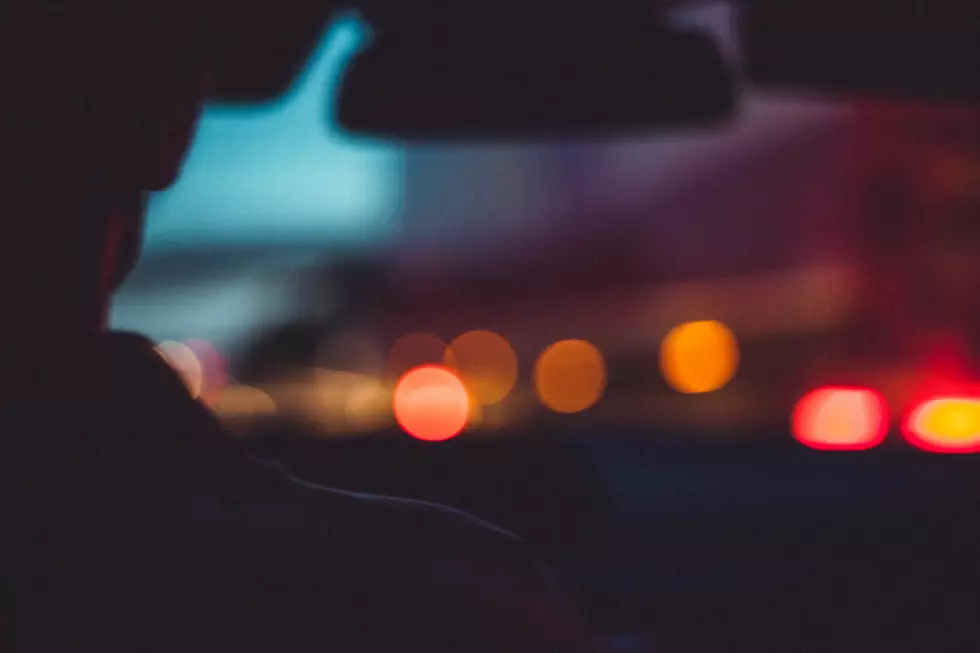
Survey Says South Dakota Is the Easiest State on Drunk Drivers
Here's another good news, bad news story.
The good news, if you choose to drive drunk, South Dakota is one of the best states to do it in, because our laws are quite lenient when it comes to driving under the influence.
The bad news, that's not such a good thing for all of us safe, sober, drivers.
WalletHub has just released the findings of a recent survey conducted regarding the toughest penalties and prevention when dealing with drunk drivers.
It might surprise you to find that South Dakota is at the bottom of the list.
South Dakota is the most forgiving state when it comes to driving under the influence of alcohol according to the folks at WalletHub.
They base this on the claim that South Dakota has no administrative license suspension for a driver charged with DWI.
A claim that Minnehaha County State’s Attorney Aaron McGowan refutes. McGowan says, "The website it actually wrong on that. In South Dakota, on a first offense driving under the influence, your driver license would be revoked for a minimum of 30 days.”
However, McGowan does admit while other states have a minimum of about a week in jail for a first offense, South Dakota does not have mandatory minimums as far as jail sentences. In addition, South Dakota does not have a minimum fine it requires people to pay.
McGowan is open to considering improvements to state penalties. He's all for common sense laws that will help prevent serial drunk drivers. Whether it's harsher sentences, mandatory minimums or other consequences, as McGowan says, "We would be supportive of that.”
But, McGowan admits there are downsides to forcing drunk drivers behind bars, like high cost and overcrowding jails.
Currently, the state has the 24/7 program. It requires defendants to take a sobriety test twice a day to prevent people from getting those second and third DWI offenses. The objective is to keep the roads safe and keep people out of the system.
Each year the Minnehaha County State's Attorney Office handles around 1,500 to 2,500 DWI cases. That equates to about 15 percent of the caseload on an annual basis.
Source: KDLT TV
See Also:
More From KIKN-FM / Kickin' Country 99.1/100.5









